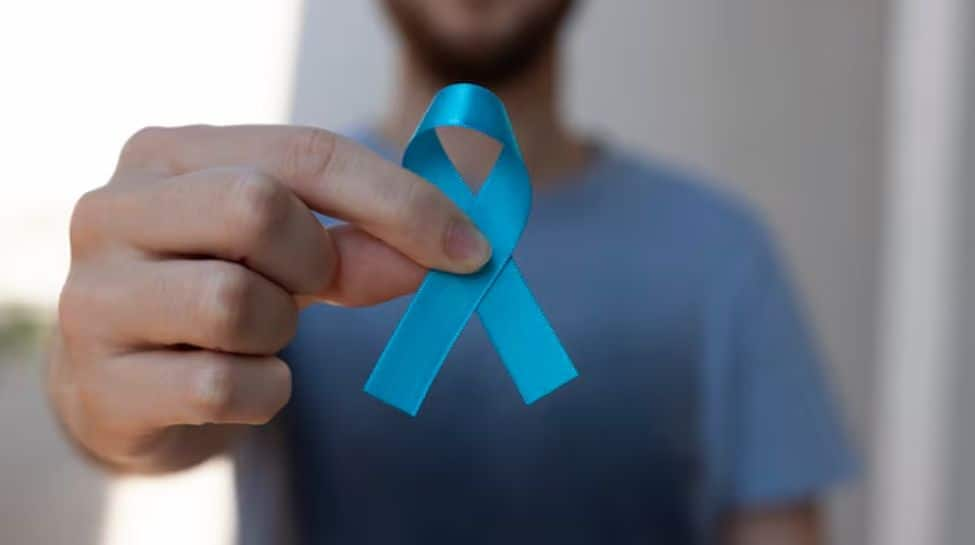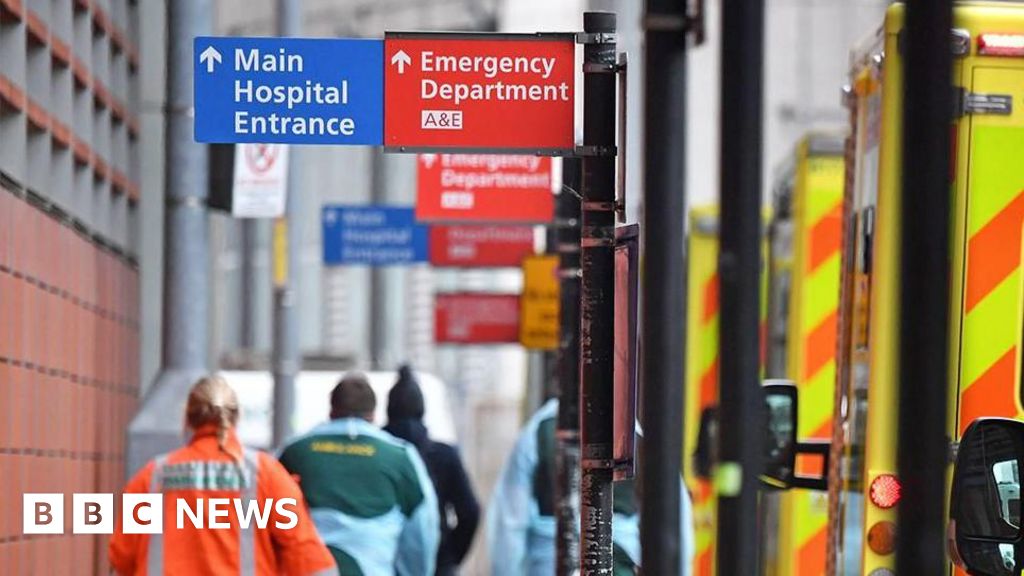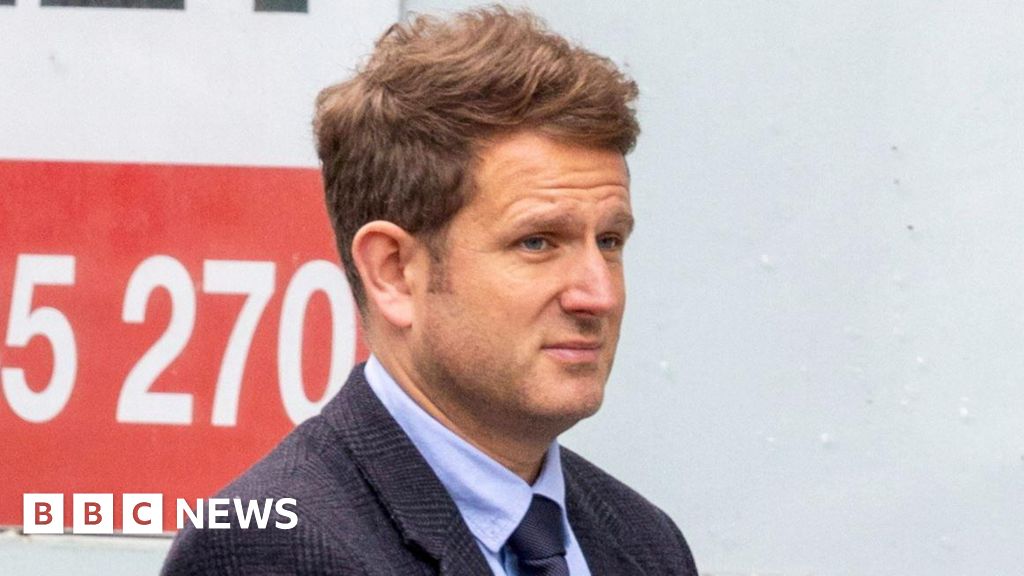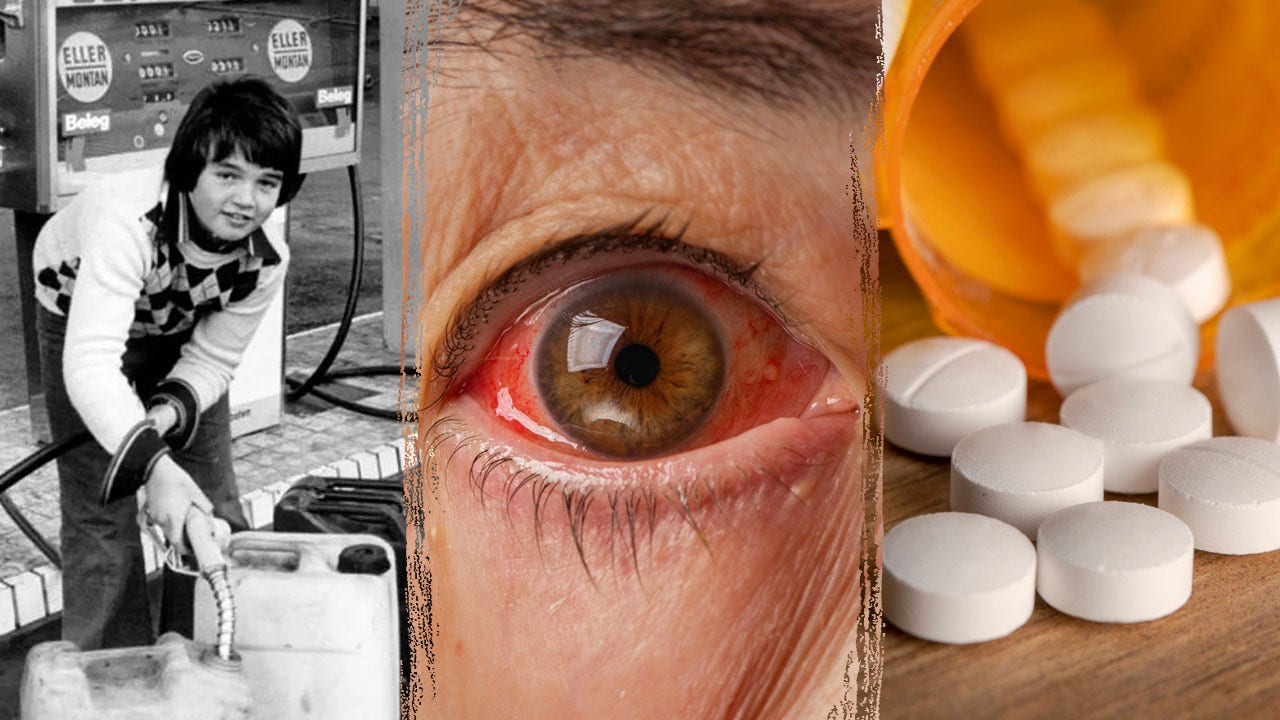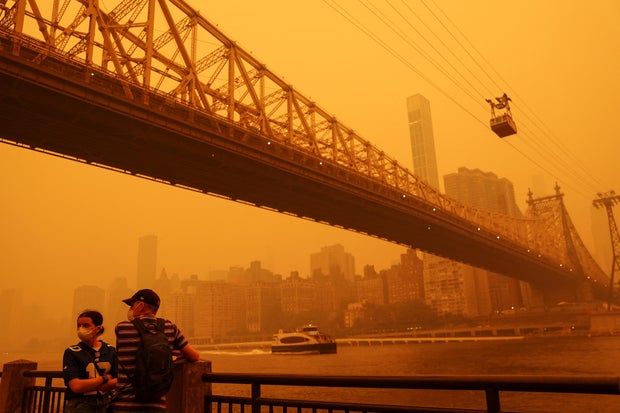Millions of Americans woke up the morning after Independence Day to air quality advisories across the U.S. Amid ongoing concern about smoke from wildfires burning in Canada, many were left wondering: How do fireworks affect air quality?
The number of Independence Day pyrotechnic displays in a typical year increase concentrations of fine particulate matter up to 42%, according to a 2015 analysis of air quality data from 1999-2013. Hourly concentrations during the evening of July 4 and morning of July 5 in the study were higher than two days before and two days after, researchers noted.
But 2023 is anything but typical, according to Rick Knabb, The Weather Channel’s hurricane expert.
“The usual increase in airborne particulates … is combining this year with the higher baseline of poor air quality from the wildfire smoke,” he said, making for “even worse air quality.”
Residents in Seattle woke up to a more dire warning as smoke from three sources — fireworks, the Canadian wildfires, and the ongoing McEwan fire in Washington state — contributed to hazy skies and reduced air quality, reported CBS affiliate KIRO. As the smoke cleared from fireworks, air quality from Seattle to Tacoma moved into “unhealthy” levels in many areas, according to the station.
Air quality degraded to “unhealthy for sensitive groups” in North Seattle, “unhealthy” in parts of South Seattle, and “very unhealthy” in parts of the Tacoma area.
In Southern California, the South Coast Air Quality Management District issued an advisory for Los Angeles, Riverside, and San Bernardino counties. The advisory began Tuesday afternoon and was expected to extend through Wednesday. July 4 and 5 are typically among the worst days of the year in the South Coast Air Basin for airborne particles, the agency said.
“Fireworks emit high levels of particle pollution … as well as metal air pollutants, all of which can contribute to negative health effects,” the agency said in a statement “Breathing of fine particulate matter can lead to a wide variety of cardiovascular and respiratory health effects such as heart attacks, asthma aggravation, decreased lung function, coughing, or difficulty breathing and may lead to premature death in people with heart or lung disease.”
Meanwhile, on the East Coast, thousands flocked to the National Mall in Washington, D.C. for a stunning display of patriotism, but the fireworks left lingering smoke, placing the nation’s capital under a “Code Orange” alert, according to AirNow. The alert applied to those in and immediately around D.C., as well as Prince George’s County and other southern Maryland counties.
“Winds are not particularly brisk to accelerate dispersion,” Knabb told CBS News. But there will be enough daytime heating that will mix with the atmosphere, bring air down to the surface and enhance dispersion, he said.
Smoke from the Canadian wildfires will resume being the primary concern over the next day or so, Knabb added.
The smoke has affected air quality for millions of people, with states in the Upper Midwest and Northeast having experienced some of the worst. Occasional bouts of wildfire smoke in the northern U.S. can be expected to recur.
SHANNON STAPLETON / REUTERS
“It won’t happen every day or all the time,” Knabb said. “But off and on for many weeks, it likely will.”
The advisories come after several cities — like Salt Lake City, Utah, and Boulder, Colorado — had drone shows instead of fireworks displays for their Fourth of July celebrations this year.
“Drones leave no smoke or debris behind when performing,” Rick Boss, of Sky Elements Drone Shows, told CBS News. “We leave nothing behind but great memories.”
How can I protect myself?
Medical studies have found that inhaling smoke and particulate matter from fireworks can result in coughing, a fever and difficulty breathing. Children, the elderly, people who pregnant and those with pre-existing respiratory and cardiovascular issues are the most vulnerable.
“The particulate matter that’s in this haze is significant because it does irritate the bronchials, the small tubes that go down into your lungs and connect to the alveoli, which are the sacs that allow you to breathe,” Dr. Bob Lahita, a rheumatologist, said about the potential health impact last month, adding that anyone who belongs to those “sensitive groups” should avoid going outside when levels are high.
Poor air quality can aggravate chronic heart issues, such as congestive heart failure and high blood pressure, and has been linked to premature death.
And according to the Cleveland Clinic, there is evidence that smoke inhalation also weakens the immune system.
“We breathe in smoke and it gets into our bloodstream,” Dr. Neha Solanki explains on the Cleveland Clinic’s website. “Then the particles stick to a location in our body and the immune system activates and can create an inflammatory response.”
Officials urge those in affected areas to follow these tips during periods of poor air quality:
- Limit your exposure by remaining indoors with windows and doors closed.
- Avoid vigorous physical activity.
- Run air conditioning or an air purifier. If possible, do not use swamp coolers or whole house fans that bring outside air in.
- Avoid burning wood in your fireplace or fire pit and minimize sources of indoor air pollution such as candles, incense, pan-frying and grilling.


























